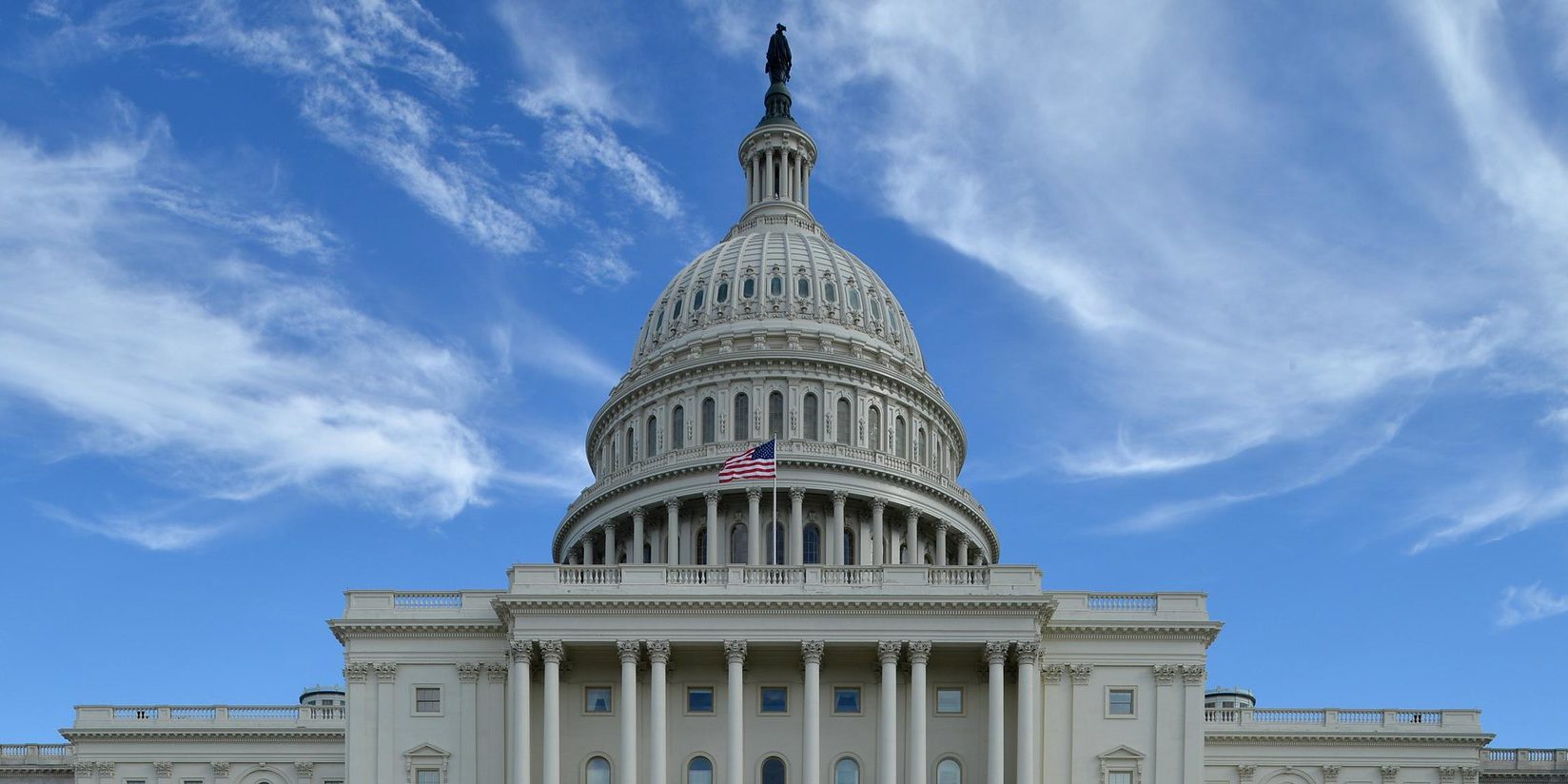With Congress back in session this week and Democrats keeping Senate control but losing the House by a narrow margin, they have a long lame-duck to-do list in order to insulate against the worst excesses of a Republican majority in the lower chamber.
From eliminating the debt-ceiling limit as a GOP blackmail tool that could wreck the economy to reforming the 1887 Electoral Count Act to prevent another Jan. 6 coup attempt to funding Ukraine, the lame-duck Congress needs to act quickly to pass legislation before Republicans take control of the U.S. House. Congress would also need to take rapid action to legislatively guard against looming humanitarian crises that could be worsened by the hyper-conservative U.S. Supreme Court stacked by former President Donald Trump.
Besides all the lives that have been disrupted by last summer’s Dobbs decision overturning Roe v. Wade, SCOTUS could unleash more upheaval by going after other established freedoms such as contraception and same-sex and interracial marriage. And then there’s the high court’s likely final nail in the coffin of Deferred Action for Childhood Arrivals, or DACA, in the coming year.
The lives of thousands of young Colorado DACA recipients and hundreds of thousands nationwide – brought to the United States years ago by their undocumented parents – literally hang in the balance. Legally working and studying and contributing to the economy since 2012, DACA recipients, or Dreamers, are facing loss of employment, deportation to countries they’ve often never been to and in some cases are giving up on ever becoming U.S. citizens.
Colorado U.S. Sen. Michael Bennet, a member of the bipartisan Gang of Eight that passed a comprehensive immigration reform bill in 2013 protecting Dreamers (it died in the Republican-controlled House), has his sights set on legislatively accomplishing the elusive feat in 2022.

“Sen. Bennet believes that Congress should take action to protect Dreamers as soon as possible and will look for any opportunity to do so this year,” a Bennet spokesperson said via email prior to his landslide reelection on Nov. 8.
“It is wrong for Congress to leave Dreamers at the mercy of the courts when we have the power to act and give them certainty in the only home they know,” Bennet tweeted last month “It’s past time we came together and fixed our broken immigration system.”
Bennet helped craft and pass the Border Security, Economic Opportunity and Immigration Modernization Act by a 68-32 margin in 2013, with 14 Republicans voting in favor of the bill. It included an expanded work visa program, protections for Dreamers and funding for border security, but the legislation was blocked in the U.S. House by Speaker John Boehner.
And while comprehensive reform remains Bennet’s goal, both parties are so entrenched nearly a decade later it’s unclear a similar bill would gain any Republican votes, let alone the 10 needed to avoid a Senate filibuster. The current Democrat-controlled House passed the DREAM Act last year.
For years, both parties have been promising that if they can’t get it done legislatively, a DACA fix could be done in spending bills, which are also on the lame-duck to-do list.
Colorado U.S. Rep. Joe Neguse last year tweeted: “A pathway to citizenship for DACA recipients MUST be included in the budget reconciliation deal.” It was not, and a Neguse spokesperson did not return an email requesting comment on the lame-duck session.
There’s a strong argument for the economic importance of protecting DACA recipients in a spending bill given their importance as vital frontline workers during the ongoing COVID-19 pandemic. And in recent weeks there’s been growing pressure to fix the badly broken asylum system and from the academic and business communities seeking students and workers.
But perhaps the most intense lobbying has come from the tech sector looking to attract highly skilled workers from around the globe while also pushing for protections for Dreamers. The tech lobbying group FWD.us on Wednesday staged a fly-in event in Washington, with Dreamers from Colorado and across the country urging the White House and Congress to act now.
Democratic senators held a press conference at the U.S. Capitol on Wednesday in which they pushed for a last-ditch bid to create a pathway to citizenship for Dreamers.

Former DACA recipient Marissa Molina, who grew up in Glenwood Springs after being brought to Colorado from Mexico when she was nine, serves as the Colorado state immigration director for FWD.us. She calls the Texas legal challenge to DACA on the grounds that it burdens the state with educational and other costs “absurd.”
DACA recipients must register with the federal government and show they are either employed or in school, where they are not eligible to receive federal financial aid or entitled to any other benefits.
“DACA recipients across the country have been massive contributors to their states, both economically and in so many other ways,” Molina said in a phone interview. “And to say that they are a burden to their states is completely not factual.”
With 14,000 DACA recipients just in Colorado, Molina says if the courts put an end to the program, the state will lose 500 people from the workforce every single month for two years. There are more than 600,000 at-risk DACA recipients nationwide.
“When you look at states like Texas and California, where you have the largest numbers of DACA recipients, that number grows exponentially,” Molina said. “And so for the state of Texas to be making this argument is really absurd. We know that our communities right now cannot afford to lose that many folks from the workforce.”
But beyond the economics of protecting workers during a period of critical labor shortages, Molina said there are very real human impacts across the country and in Colorado, where 26% of the state’s Dreamers are parents.
“DACA recipients are not kids. They’ve grown up; they’ve built entire lives. And you’re talking about 20,000 U.S. citizen children who live with a DACA recipient in the state of Colorado,” Molina said. “So you’re not just harming undocumented people or DACA recipients when you deport and separate families, you’re harming U.S. citizens.”




